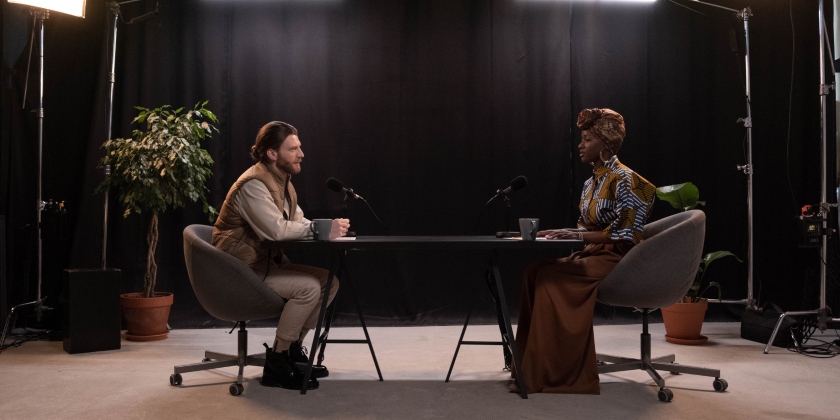
May 7, 2021, by Rosie Pinder
Conducting an Interview: Tips for Success
By Rosie Pinder, BA English second year
There is lots of advice out there about being interviewed, ranging from how to prepare to what to wear. But knowing how to conduct an interview yourself is also a useful skill. I’m not talking about screening someone for a job, although the advice may still apply! Instead, I mean interviewing a source or contact. This is a task centrally applicable to a career in journalism, but the tips are also relevant to all kinds of research that may involve interviewing people.
Until fairly recently I had not given the concept of interviewing much thought. However, I have now started working on a series for The University of Nottingham’s Impact magazine, spotlighting various University societies and interviewing their committee members. These interviews are very relaxed. But despite knowing this, I felt pretty nervous before the first one, as I didn’t have any experience interviewing before.
I have organised a few of these interviews now, and they are no longer a daunting prospect. Although I am of course by no means an expert!
Below I have compiled a list of five tips for interviewing in case you find yourself in the same position as I did a few weeks ago.
Interviewing Advice
- Prep
Preparation is the most important thing when it comes to interviewing someone, and it’s pretty obvious to the interviewee if you have not spent much time on it. Do some research into the person you are talking to: what is their role? Their background? Use this information to help prepare some really interesting, personalised questions.
- Put the interviewee at ease
Don’t launch straight into your list of questions. Instead, put the interviewee at ease by setting up a more natural style of conversation. You are more likely to get honest answers this way.
- Listen
This may seem obvious, but listening is what you as the interviewer should be doing most of the time. Don’t spend too long asking your questions and try not to interrupt the interviewee when they are talking- as they might be about to say something really helpful or interesting!
- Record the interview (with permission!)
Recording the interview on your phone or another device can be extremely useful. By doing this, you can listen to the interviewee’s responses in the present moment without the pressure of trying to transcribe every word. It also means you can go back over the interview later and pick out things you may have missed. But always remember to ask permission before making a recording!
- Make some notes
This may seem contradictory to the last tip, but making notes on paper or your laptop is just as important as making a recording. Firstly, something might go wrong with the recording and then you’re left with nothing! But as well as this, writing notes makes you look engaged and may help you pick out key points and think of interesting follow-up questions.
After the Interview
The actual interview is out the way – you’ve thanked the interviewee and parted ways. What now? Well, that depends on what the interview was for. However, one final tip that is pretty universal, is to edit. While it is important not to manipulate or change anything said in the interview, you don’t need to keep every word. Read back over your notes and listen to the recording again, to identify a thread or narrative flow that runs through the whole interview. A lot of the material that doesn’t relate to the main thread can probably be cut!
As I said earlier, my interviewing technique is definitely a work in progress. However, the tips detailed in this post have helped me to view conducting an interview more positively. After all, interviewing someone is a really exciting opportunity to gain insight into their life or area of expertise.
Interviews can be conducted in a number of ways, take a look at our interviews webpage to find out more about the common methods you may come across. Or maybe there’s a method you’d like to try out yourself when conducting an interview.
No comments yet, fill out a comment to be the first

Leave a Reply